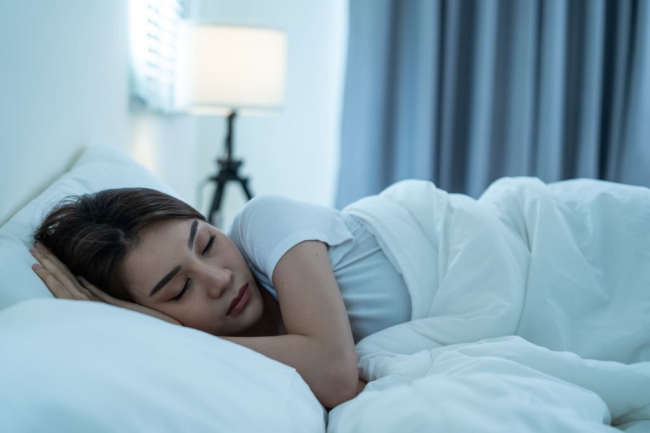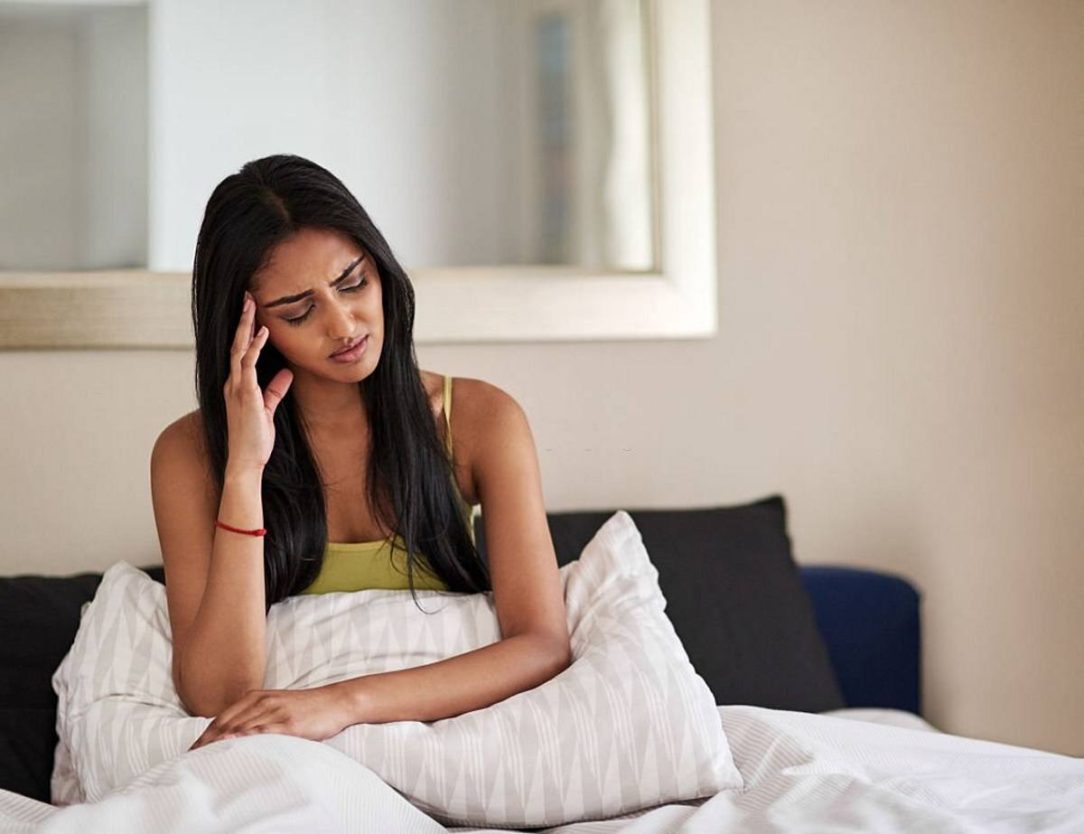Migraine is a common and serious condition that affects millions of people worldwide. It is characterized by severe headache, nausea, and sensitivity to light, sound, or smell. Menstrual migraine is a type of migraine that typically occurs during the first two weeks of a woman’s menstrual cycle. Many women experience migraine during their menstrual cycle. If you are one of these women, here are some tips on how to prevent the migraine period.
1: Drink Plenty of Water
Drinking plenty of fluids is essential for preventing headaches. During your period, your body is releasing high levels of estrogen and progesterone. These hormones can cause constipation, fluid retention, and weight gain. To avoid experiencing menstrual migraine, drink eight glasses of water daily.
2: Avoid Caffeine
Caffeine is a known trigger of migraine. Avoiding caffeine will help to prevent the headache from happening in the first place. Try to drink less than two cups of coffee per day or consume caffeine products that are decaf or low caffeine content.
3: Eat Plenty of Fruit and Veggies
Fruits and vegetables are rich in antioxidants, which can help to prevent migraines. Try to include at least five servings of fruit and vegetables each day in your diet. This will give you the nutrients you need to fight off migraines naturally.
4: Get Enough Sleep

Getting enough sleep is essential for overall health. During your menstrual cycle, your body is going through significant changes that can affect your sleep patterns. Make sure to get at least seven hours of sleep each night during this time period to avoid experiencing migraine period.
5: Avoid Over-the-Counter Medications
If you are experiencing frequent migraines, it is important to rule out any underlying medical conditions. Over-the-counter medications can often be the cause of migraines, so it is important to avoid taking them if you are struggling with this condition.
If you are taking over-the-counter medications for your migraines, make sure to avoid caffeine and alcohol. These substances can increase your risk for experiencing a migraine.
If you are taking acetaminophen (Tylenol) for pain relief, be aware that this medication can trigger migraines in some people. If you experience a migraine while taking acetaminophen, discontinue the medication and speak with your doctor about alternative pain relief options.
6: Avoid Stressful Situations
Stress is a common trigger for migraines, so make sure to reduce your level of stress as much as possible. This includes avoiding stressful situations before your period starts and throughout the month.
If you are struggling with migraine symptoms, it is important to seek help from a healthcare provider. There are many effective treatments available, and your physician can recommend the best approach for you.
7: Keep a migraine diary
Keeping a migraine diary can help you track your progress and identify any patterns that may be contributing to your headaches. This information can help you develop an effective prevention plan.
8: Exercise Regularly
Regular exercise can help reduce your risk of experiencing a migraine. If you are struggling to maintain your regular exercise routine, consider incorporating some light exercise into your regimen during the weekdays.
9: Practice Yoga or Meditation
Both yoga and meditation have been shown to be effective in reducing stress and improving mood. If you are new to these practices, start with a basic class or meditation session before moving on to more challenging sequences.
10: Get Support from Friends and Family
It can be difficult to maintain a migraine-free lifestyle on your own. Ask your friends and family for help during the month. They may be able to lend a hand with chores, provide a listening ear, or make dinner for you when you are feeling poorly.
Hope These Tips Help with Your Menstrual Migraines
These are 10 tried-and-true tips for preventing migraine period for women who experience it during their menstrual cycle. Keeping these guidelines in mind can help you manage your symptoms and live a migraine-free life.

